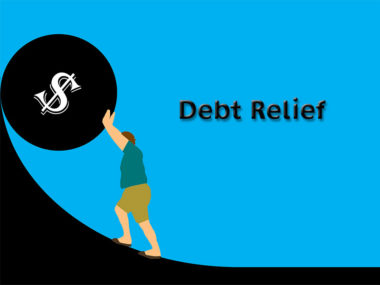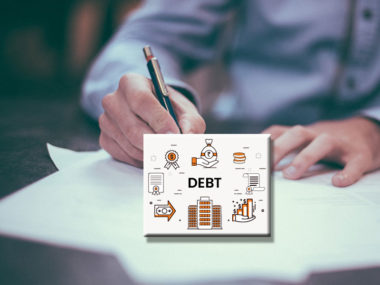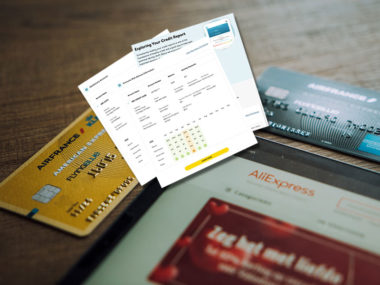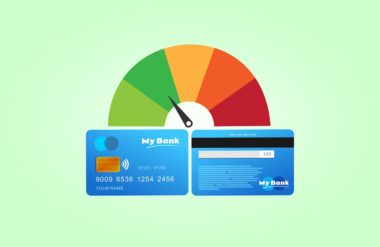Collection agencies can be some very frustrating and scary organizations to deal with when you have a debt you’ve been unable to pay. Typically, a person receives several bill notices before a final notice stating the bill sum will be transferred to a collection agency. Whether you’re aware of the debt or overlooked it, debt collection agencies can be stressful to work with due to their potential impact on your credit. However, it’s important to understand that even when a debt goes to collections, you have certain rights that protect you from being harassed by collection agencies and you should exercise them if you feel those rights are being violated.
Table of Contents
Verify the Debt Before Talking to Collectors
Getting a call from a stranger demanding money is the kind of situation you want to look into before obliging. Often, debt collectors don’t have a lot of information and will claim a debt is owed without disclosing what exactly the debt is for, which can (and should) make you skeptical and unwilling to pay. It’s a good idea not to pay right away, even if the collectors are being persistent, aggressive, or threatening fees and damage to your credit score; instead, ask the collector to send you written proof that the debt is yours so you can look into the situation on your end.
Check Your Own Records
If you’re a diligent keeper of paper bills and files, go into your filing drawer and get your own notes on the debt, like the payment history from the originator, and any payment agreements or written communication you had with the original creditor or other agencies for collections. Compare this information against the verification letter you receive in the mail and make sure the debt checks out and truly belongs to you.
Record Any Future Conversations or Contact With Collection Agencies
To maintain control of the situation as much as possible, keep track of all conversations and contact you have with the collection agency. Record the date and time of each phone call, voicemail messages you are left, the name and agency of the person who is contacting you and a summary of the conversations you’ve had with them, along with anything else you deem noteworthy. This information will come to your aid if the agency breaks any laws.
Know Your Rights and the Restrictions on Collectors
Debt collectors have laws and guidelines they’re required to abide by in order to protect both the debt collectors and and the people from who they are collecting debts. This federal law is called the Fair Debt Collection Practices Act (FDCPA) and it defines what debt collectors can and can’t do when collecting a debt, such as:
- The right to verify the debt is yours by requesting it in writing,
- The right to choose your communication preference (debt collectors are not allowed to call you if you tell them you prefer written communication).
- Debt collectors can’t call you repeatedly.
- Debt collectors can only call between 8 a.m. and 9 p.m., and can’t call you at any time you’ve mentioned is inconvenient.
- They are required to stop contacting you if you send a cease and desist letter, except for one last time to let you know what their next step will be.
If you send a cease and desist letter, send it through certified mail and request the return receipt so they cannot negate having received the letter. This can be used as evidence if you decide to hire a debt collection attorney against them for violating FDCPA laws.
How To Stop Debt Collectors From Calling
Assert Your Rights
If you’ve taken any of the aforementioned steps to stop debt collectors calls and they continue to contact you, let them know that they are violating FDCPA law. When you know what they can and can’t do, you can explicitly state when they are harassing you or calling outside of agreed-upon hours and threaten legal action.
This is when keeping detailed notes about the calls they’ve made and the conversations you’ve had will come in handy. However, while it’s your right to say you don’t want them to call you, if you are simply attempting to avoid the calls knowing you have a debt you don’t intend to pay, what happens if you don’t pay collections can be another deal entirely.
Negotiate Your Debt
Debt collectors don’t know if you’re capable of paying your debt, so say as little to them as possible until you figure out what approach to take with them. Sometimes you can get them to settle so you only have to pay a portion of the debt instead of the entirety of it, so try to negotiate a deal where you pay a lump sum in exchange for canceling out the rest of the debt.
Request a Pay for Delete Settlement
Another highly beneficial type of negotiation is a pay for delete settlement, which is when the debt collector agrees to remove the debt from your credit report, which can give your credit score an instant boost if it went down because of the debt. Not all collection agencies are able to do this, but it doesn’t hurt to ask and attempt to get a positive result out of paying the debt.
Dealing with debt collectors and debt collector calls can be annoying, frustrating and even scary if you start to feel harassed by the collectors. By knowing your rights, you can face the situation more confidently and handle it in the way that works best for you, and could potentially have a positive outcome, like getting the debt removed from your credit report with a pay for delete settlement. Take charge of your debt and ensure that when you deal with collections agencies, your right are not being violated and you are treated with respect.
Image Source: https://depositphotos.com/





